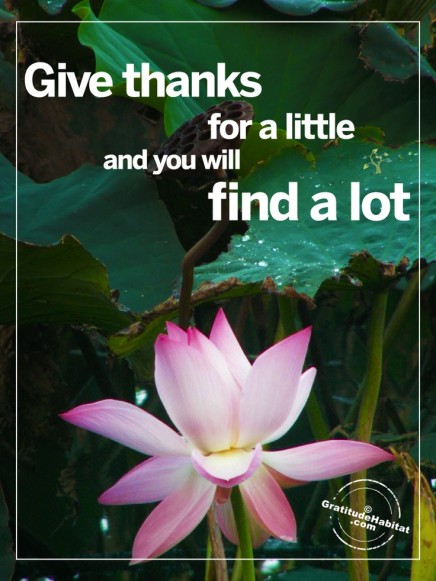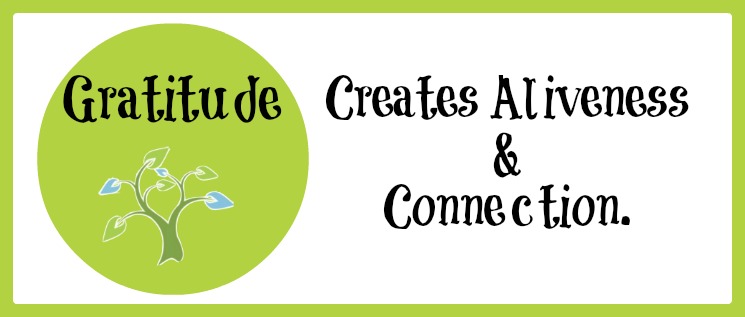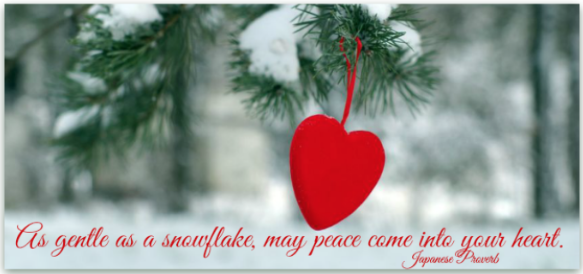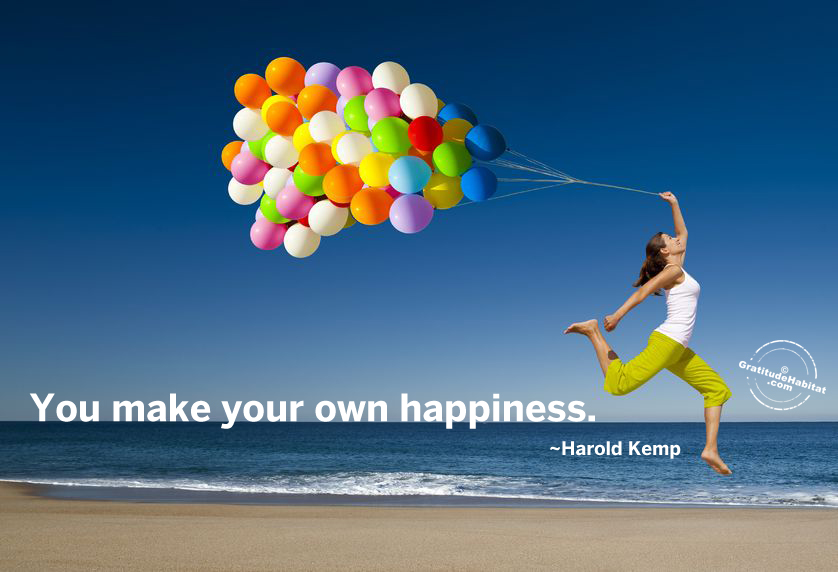Gratitude: Candy For Your Doctor? How Appreciation Changes The Interaction
Appreciation can be a kind of wake-up call. It can spark aliveness and connection in both the receiver and the giver. Below is a description of a study that utilized candy to measure the response of doctors.
I liked the idea and put my own version to work:
Recently I visited a new doctor for my annual check-up. Instead of candy, I brought with me, as a gift, one of the Gratitude Habitat bookmarks. Written on it is, “Give thanks for a little and you will find a lot.” My appointment was at the end of the day. Dr. S. looked a bit tired. As I handed her the bookmark I simply said, “Thank you for the work you do.” She stopped, read it, took a breath and shared a story of how the day before, she told her ailing father how much she appreciated him and how important it was for him to be grateful, too. They talked about what they appreciated about each other and about life. She said that his spirit was lifted and his voice grew stronger. Her facial expression and voice tone were soft and open. Clearly a special moment was created.
My new doctor said to me, “This is a perfect gift for me. Thank you.”
It was nice to have a personal connection at our first meeting. For that, I am grateful.
Research at Cornell University on Appreciation*:
A study conducted at Cornell University a number of years ago by psychologist Alice Isen found that when physicians were given candy as a sign of appreciation, they were more likely to make an accurate diagnosis than those who didn’t receive the small token of gratitude.
Forty-four internists ranging in age from 30-70 participated. They were instructed to diagnose a hypothetical patient with hypothetical symptoms, some of which were misleading. Half of the doctors were given a bag of candy and told it was a token of appreciation for their participation in the study of medical decision-making. The others were given nothing.
The doctors receiving the candy were far more likely to correctly diagnose the patient’s problem than those who were not.
Isen said, “Pleasant-feeling states give rise to altruism, helpfulness and improved interpersonal processes. When people feel happy, they have better access to more varied material in their memory. They are more creative problem-solvers because their minds are more ‘alive,’ and they are less easily confused.

I am aware that we can bring gifts as a form of bribery or manipulation but when we stop and truly consider what people do for us and how they serve us, our appreciation becomes heartfelt and genuine.
Candy, trail mix, or a note given in gratitude, works to uplift spirits, creates aliveness and most importantly connection.
May your day be filled with gratitude and good things.
Carol
*Footnote: Chicago Tribune Articles: Study Finds Doctors Respond Well To Sweet Treatment





